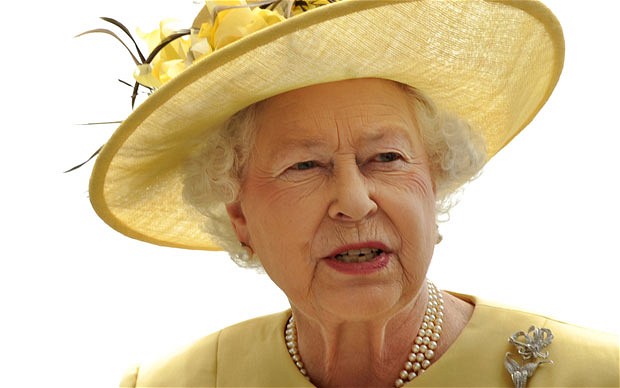Today, the Queen addressed both Houses of Commons and set out the Union's future plans for the year ahead.
As expected, reform of the House of Lords was on the list.
The bill has been hailed as a “power to the people” type of bill, as it would allow the Speakers of both chambers to select civilian committees to “select” parts of the House. Nothing could be further from the truth. Lord's.
Like the House of Commons, the majority is elected by popular vote, resulting in party politics in both chambers. The apparent intent is to remove obstacles to the passage of government legislation in yet another clearly unconstitutional subversion of the separation of powers.
The speech also brought up the government's banking reform bill, which is largely misrepresented as a Glass-Steagall-style bill, although this could not be further from the truth.
Rather than a legal requirement to separate the retail and investment divisions into completely separate businesses, the proposed legislation would create a “firewall” or conceptual separation of functions while remaining a single company. Masu. The government claims that this will protect the retail sector from the actions of the investment sector, but of course in practice this will be impossible to regulate or police.
At first glance, the Children and Families Bill would appear to be an improvement, providing fathers with flexible parental leave options and ensuring improved access for divorced fathers. However, one of the key elements of the proposal is to speed up the hiring process.
The main reason seems to be the need to reduce the cost of child care. However, due to corruption in social services, the family courts, and especially the so-called “expert” witness system, the risk of miscarriages of justice will greatly increase as a result of this bill.
The Queen also announced the government's intention to spy on our private phones and emails, along with the establishment of the National Crime Agency (British FBI). The National Crime Agency will be the subject of a future report.
Funnily enough, the government is planning to introduce an Electoral Registration and Management Bill that would create an individual voter register to reduce fraud. The current registration system is household-based.
Will this eliminate fraud? Not likely. Rather, I would suggest that the purpose of this bill is to increase the profiling of the public so that ministers can understand who is voting for whom and, over time, identify swing voters. It's a sign of changing times, as at one point the referendum was considered his personal choice, like many freedoms that are already prohibited by law.


